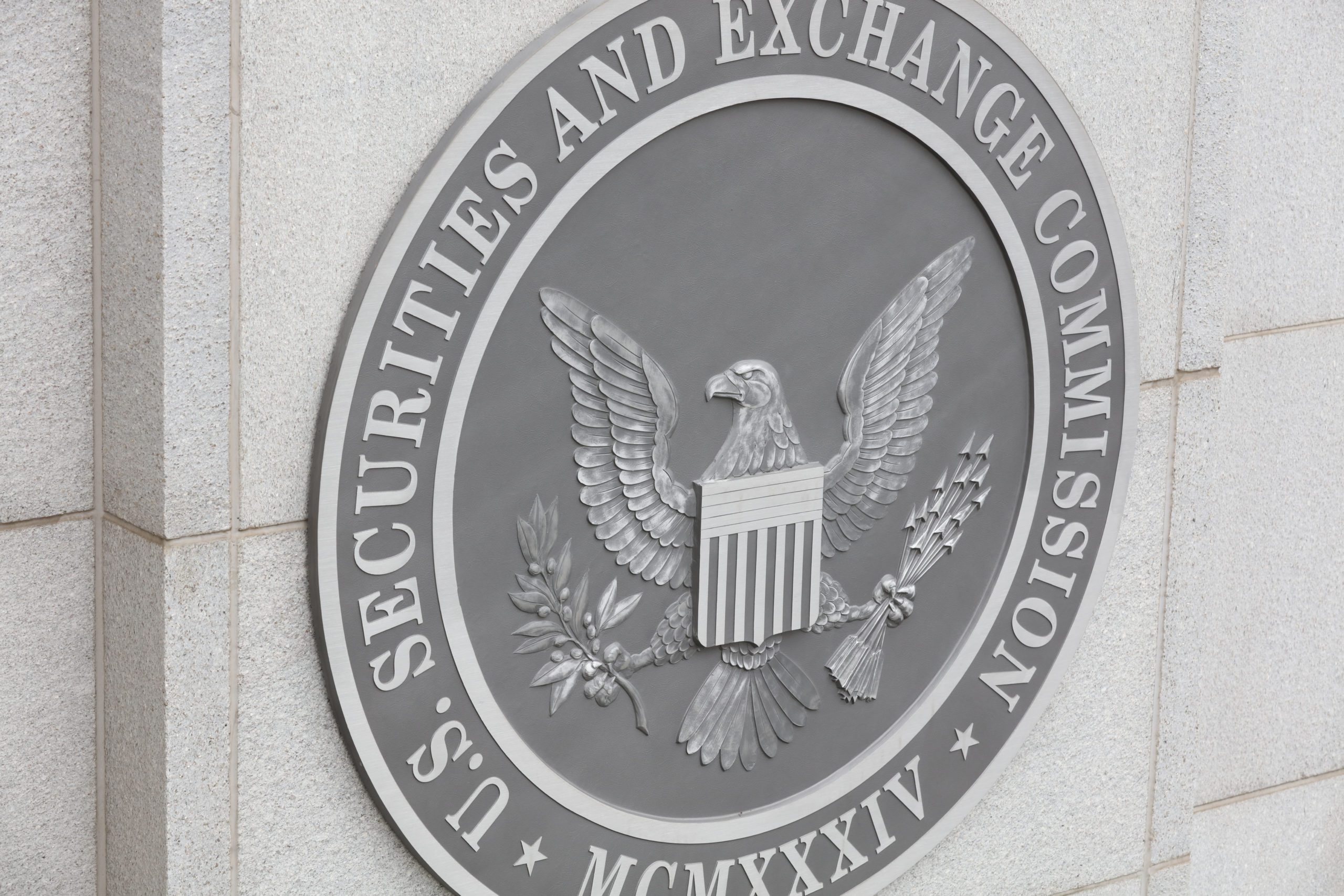By PAUL O’DONOGHUE, Senior Correspondent
THE race to choose who will chair the EU’s key new AML Authority (AMLA) will be decided over the next few days.
The role is one of the most important appointments of the new parliament as the AMLA chair will be tasked with finally getting to grips with Europe’s growing dirty money problem. The chair will also bring their own individual leadership and culture values and qualities to the agency, which will decide how effective the authority will operate.
On Monday MEPs will hold hearings with the three final shortlisted candidates – Germany’s Marcus Pleyer, Italy’s Bruna Szego, and the Netherlands’ Jan Reinder De Carpentier.
Each of the three will appear separately before a joint sitting of the ECON and LIBE committees in Strasbourg.

MEPs will meet in conclave on Monday evening where after deliberations they will come up with the name of one of the three as their preferred candidate. The name will then be passed on to the European Commission and by December 12 or 16 the process will close with ratification of the AMLA Chair in parliament.
But what do AML and AFC industry leaders think? And if they do have a preference which of the final three shortlisted candidates do they think should take the top job?
We asked four of the world’s leading fincrime experts:
Xolisile Khanyile is the former director of South Africa’s Financial Intelligence Centre. She has also served as Chair of the Egmont Group of Financial Intelligence Units and is current Chair of the Global Coalition Against Financial Crime Africa chapter.
She believes Germany’s Marcus Pleyer brings the most experience and nuance to the role. “When he was president of the FATF, he tried to bring inclusivity. He also looked to ensure that when there was a project, it would be allowed up on. Not just ticking boxes.”
“He would engage with us and he was always available whenever we wanted to discuss an issue with him. He cares a lot about AML – I think he’s a visionary.
“And you need that, to manage people to buy into your vision. And he has the interpersonal skills, which you need when you’re building an organization from the ground up.”
Looking in at the European Union Xolisile points at Pleyer’s experience at cooperation between international organizations. A point in his favor would be that he will be mindful of the needs of developing countries, she feels.
“I believe that the global south will benefit if he becomes chair, he’s an inclusive leader,” she said.
Jérôme Beaumont is Executive Secretary of the Egmont Group of Financial Intelligence Units with more than 15 years management experience in AML, CFT, Counter Proliferation Financing and Sanctions at government level as well as in PPPs. He has held several roles and contributed to EU and UN missions before joining France’s FIU (TRACFIN) and later Egmont.
Jérôme also favored Pleyer, specifically pointing to his experience leading the Financial Action Task Force. “While President of the FATF, Mr Pleyer showed true leadership,” he said.
“He steered a complete reform of methodologies and procedures for evaluations [and] initiated new topics such as money laundering from environmental crimes and migrant smuggling.”
Beaumont also cited Pleyer’s push to strengthen standards on beneficial ownership registries, which he said have now become “the global standard”.
“[And] at the national level, Mr Pleyer clearly demonstrated leadership in prioritizing AML efforts,” said Jérôme.
“Given these accomplishments, Marcus Pleyer is well-equipped to lead AMLA and drive forward its mission to combat money laundering and financial crimes effectively.”
Ilze Znotiņa, the former Director of FIU Latvia is widely seen as developing the intensive strategy and operational execution which led to the Baltic nation avoiding being greylisted. Ilze chairs the Global Coalition Against Financial Crime in Europe and a sought after thought leader in the fincrime sector.
She believes whoever is selected must bring visionary leadership, strategic foresight, and operational expertise.
Znotiņa added that the new chair must also ensure that AMLA is a positive force for change in the way Europe tackles financial crime. “AMLA was born from the recognition that Europe’s fight against money laundering has fallen short,” she said.
“Scandals like Russian dirty money flowing through institutions such as Danske Bank and ABLV, even corrupting politicians, revealed systemic weaknesses.”
Znotiņa identified key areas to focus as “technological misuse and vulnerabilities in critical industries such as energy.
“Building collaboration across Europol, NATO, and the private sector will be key, along with fostering innovation, leveraging technology, and maintaining transparency,” she said.
“Frankfurt, AMLA’s headquarters symbolizes both the challenges and opportunities ahead, underscored by scandals like Danske Bank and Wirecard. With decisive, forward thinking, AMLA can transform Europe’s fight against financial crime, ensuring security and stability across the region,” Ilze said.
Pat Lordan is former commander of Ireland’s National Police ‘National Economic Crime Bureau (NECB)’ where he led out the FIU. He also worked extensively with Europol and Interpol. His department was known for its proactive approach to international fincrime and fraud investigations. The NECB also led out Interpol’s European operations against the notorious ‘Black Axe’ criminal organization.
Pat feels what gives Pleyer a distinct advantage is his previous presidency of the Financial Action Task Force and the belief he is someone who can get AMLA off the ground and up and running swiftly.
“Because of the skillset and personality he has, he’s quite capable of bringing people with him and getting everyone to a central point where they can all agree on something,” he said.
“It’s important that AMLA doesn’t become a box-ticking exercise, that its audits are more like continuous assessment.”
Lordan said Pleyer has lots of progressive ideas and would ensure that the regulator has a positive agenda.
“He has the experience, the knowledge and most importantly, the background in the area of AML. Particularly because of his work in FATF where he was responsible for lots of AML policy and international engagement,” Pat believes.











